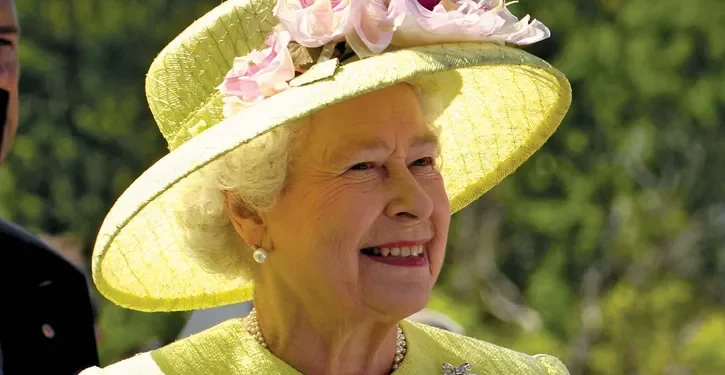Queen Elizabeth II: A Monarch’s Journey Through Modern History
Queen Elizabeth II, born on April 21, 1926, in London, ascended the throne in 1952 and became the longest-reigning monarch in British history. Her reign, spanning over seven decades, has witnessed immense changes in the UK and the world, making her one of the most enduring and beloved figures in contemporary history.
Early Life and Ascension
Elizabeth Alexandra Mary Windsor was born into the House of Windsor as the first child of the Duke and Duchess of York, later King George VI and Queen Elizabeth. Her early life was relatively normal, though imbued with royal responsibilities. She received a private education, focusing on constitutional history, law, and modern languages, preparing her for her future role.
The abdication crisis of 1936, when her uncle King Edward VIII abdicated to marry Wallis Simpson, thrust her father onto the throne and Elizabeth into the line of succession. During World War II, she contributed to the war effort by joining the Auxiliary Territorial Service, learning to drive and repair military vehicles. This period shaped her strong sense of duty and service.
Becoming Queen
Elizabeth married Philip Mountbatten, a former prince of Greece and Denmark, in 1947. They had four children: Charles, Anne, Andrew, and Edward. Her father’s death in 1952 marked the beginning of her reign, with her coronation in 1953 symbolizing a new era for Britain.
The early years of her reign were marked by post-war recovery and the decolonization of Africa and the Caribbean. Elizabeth skillfully navigated the complexities of a diminishing empire, transforming the Commonwealth into a voluntary association of independent states.
A Steady Hand Through Change
Queen Elizabeth II’s reign has been characterized by her steadfast presence and adaptability to change. She witnessed the transformation of the British Empire into the Commonwealth, the Cold War’s rise and fall, and the digital revolution. Despite the changing world, her dedication to her role remained unwavering.
The Queen managed numerous political changes, from the Suez Crisis in 1956 to the Troubles in Northern Ireland, and more recently, the Brexit referendum in 2016. Her apolitical stance allowed her to act as a stabilizing force during these turbulent times.
Personal Challenges and Public Scrutiny
The Queen’s personal life, often scrutinized by the media, faced numerous challenges. The marriages of her children, particularly the tumultuous relationship and eventual divorce of Prince Charles and Princess Diana, brought unprecedented media attention and public criticism. The tragic death of Princess Diana in 1997 tested the monarchy’s relationship with the public, yet the Queen’s eventual response helped restore public confidence.
Her family continued to face challenges into the 21st century, including the controversies surrounding Prince Andrew and the departure of Prince Harry and Meghan Markle from royal duties. Through it all, the Queen’s composed demeanor and dedication to her duties provided a constant reassurance to the nation.
Legacy and Impact
Queen Elizabeth II’s reign saw significant advancements in technology, society, and international relations. She embraced these changes, using televised Christmas broadcasts to connect with her people and later adopting social media to engage with a global audience.
Her numerous charitable endeavors, patronages, and support for the arts, sciences, and education have left an indelible mark on British society. The Queen’s Golden Jubilee in 2002, Diamond Jubilee in 2012, and Platinum Jubilee in 2022 were celebrated with national and international events, highlighting her widespread impact and enduring popularity.
Conclusion
Queen Elizabeth II’s reign is a testament to her extraordinary dedication, resilience, and ability to adapt to an ever-changing world. As the longest-reigning monarch in British history, she has become a symbol of continuity and stability. Her legacy, deeply intertwined with the history of the modern world, will be remembered for generations to come. The Queen’s unwavering commitment to her role has not only defined her reign but also ensured the continued relevance and respect of the British monarchy in the 21st century.
newshub


Recent Comments